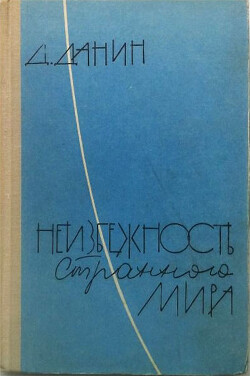The Heirs of Plato is the first book exclusively devoted to an in-depth study of the various directions in philosophy taken by Plato's followers in the first seventy years or so following his death in 347 BC - the period generally known as 'The Old Academy'. Speusippus, Xenocrates, and Polemon, the three successive heads of the Academy in this period, though personally devoted to the memory of Plato, were independent philosophers in their own right, and feltfree to develop his heritage in individual directions. This is also true of other personalities attached to the school, such as Philippus of Opus, Heraclides of Pontus, and Crantor of Soli. After an introductory chapter on the school itself, and a summary of Plato's philosophical heritage, John Dillon devotes a chapter to each of the school heads, and another to the other chief characters, exploring both what holds them together and what sets them apart. There is a final short chapter devoted to the turn away from dogmatism to scepticism under Arcesilaus in the 270s, and some reflections on the intellectual debt of Stoicism to the thought of Polemon, in particular. Dillon's clear and accessible book fills a significant gap in our understanding of Plato's immediate philosophical influence, and will be of great value to scholars and historians of ancient philosophy.




 1 (1)
1 (1) 













